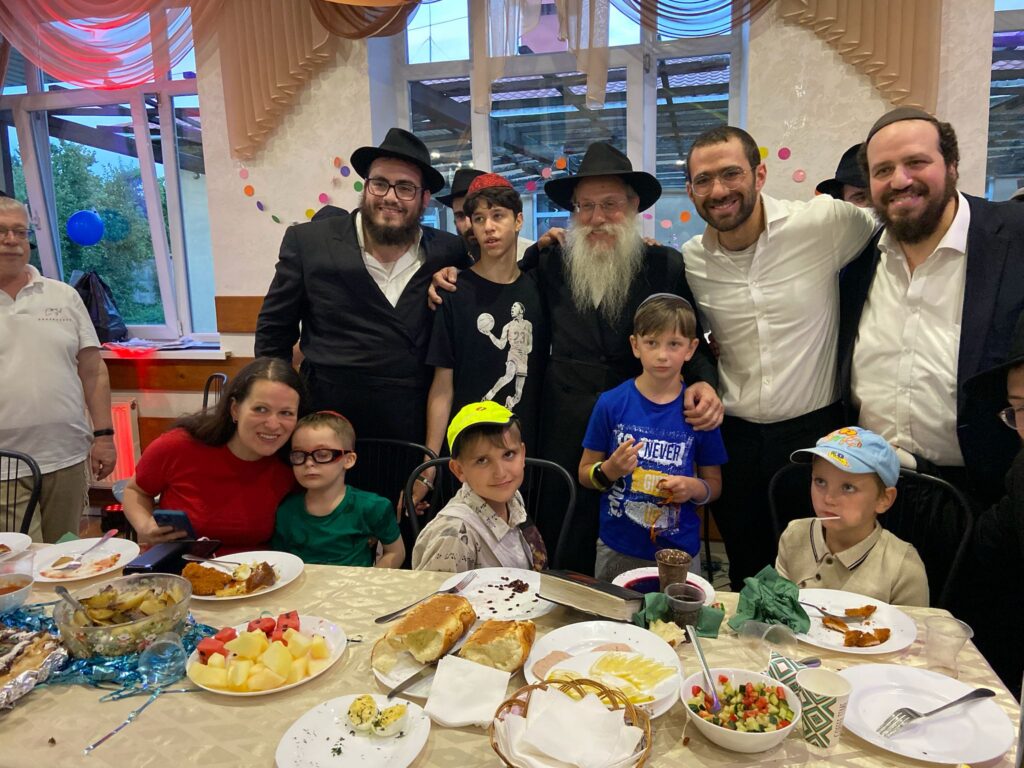In a heart-stirring display of mesirus nefesh, six boys at Camp Yeka Ukraine were zocheh this week to enter into the bris of Avrohom Avinu. For these tinokos shenishbu, raised in spiritual desolation throughout Ukraine, the bris milah marked not merely a physical transformation, but a defining moment in their ascent toward a life of Torah and mitzvos.
Among them was a young man named Yan, who has been part of the Yeka family for over a decade, attending more than 20 sessions. Though his heart had long been drawn to the ruach and kedushah of the camp, he had never yet taken this final, defining step.
That changed one Friday night. After the uplifting seudah, a madrich sat with Yan and began to farbreng with him — speaking about the eternity of the bris, the zechus avos, and the privilege of joining the am hanivchar in the most profound way. Hours passed, and the words penetrated. Quietly, Yan whispered, “This time, I’m doing it.”
But it was not without obstacles. A few days later, Yan confided that his closest friend, a non-Jewish boy, had threatened to end their friendship if he went through with the bris. That night, camp counselors found Yan sitting alone in quiet turmoil. They didn’t speak. They simply sat beside him and began singing “Yeka Oh Yeka,” the niggun that has become the anthem of the camp. From there, the haunting notes rose into the night sky. Overcome with emotion, Yan broke down in tears. The next morning, surrounded by his madrichim, and uplifted by their love and achdus, Yan walked in to get his bris — proud, unafraid, and ready to fulfill the mitzvah.
Following the Ukraine session, Yeka’s dedicated staff traveled to distant villages across western Ukraine, bringing simcha, divrei chizuk, and tangible reminders that these neshamos are not forgotten. Every child was reminded: “You are part of the Klal, you are one of us.”
Meanwhile, Camp Yeka Eretz Yisroel has launched its first session in three years, welcoming Ukrainian children now living in Israel after fleeing the war. These yidden — dislocated physically and spiritually — are being embraced with the same warmth, kedushah, and the ruach that has made Yeka a beacon of hope for so many.
But such impact carries a heavy cost. With camp in full swing, the program still faces a critical shortfall of $70,000 to cover its most basic operational expenses. The Yeka team is now turning to the tzibbur to help ensure that the avodas hakodesh continues.
To participate in this life-changing initiative and help ignite the spark within precious neshamos, visit Charidy.com/Yeka.
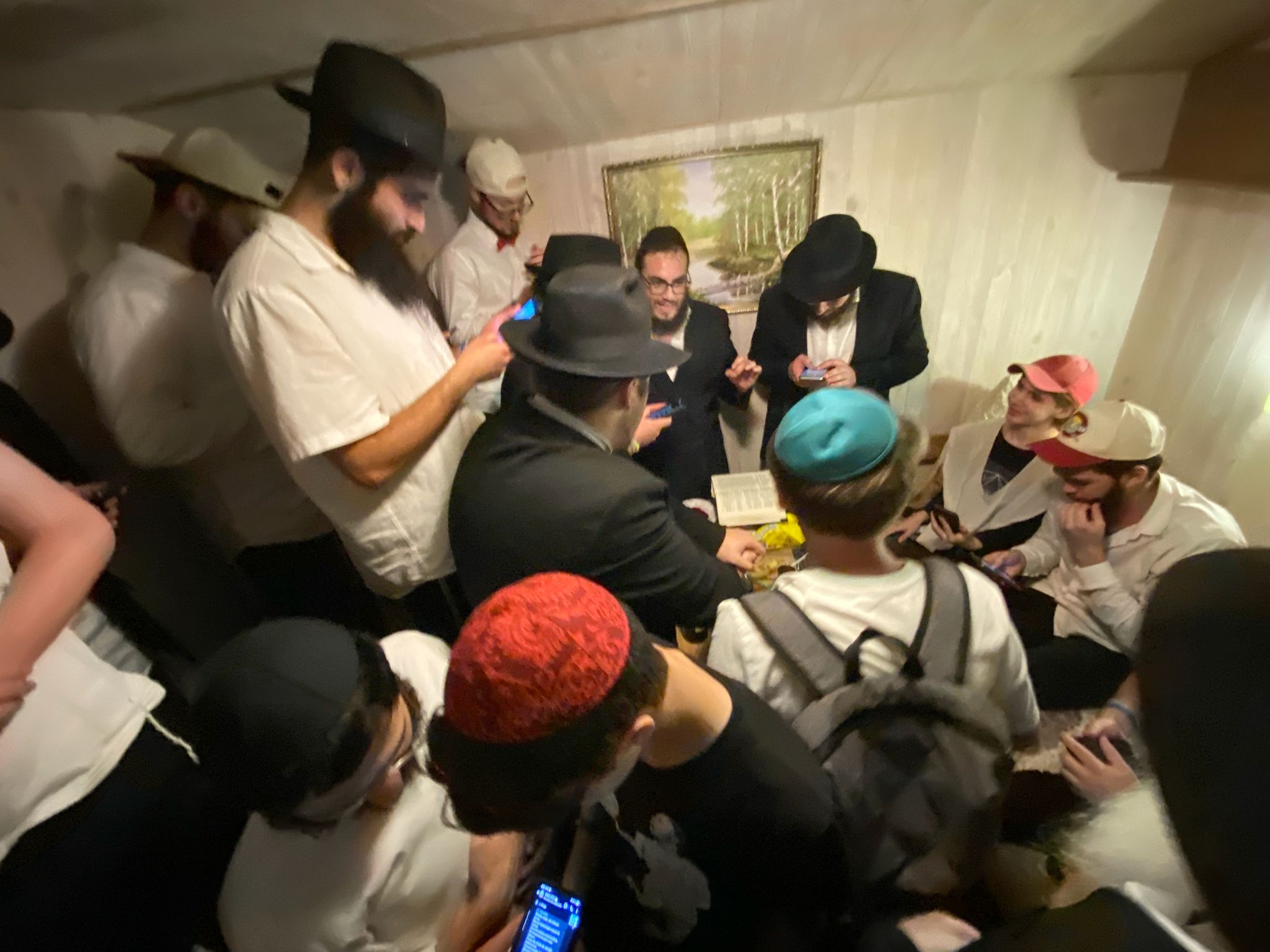
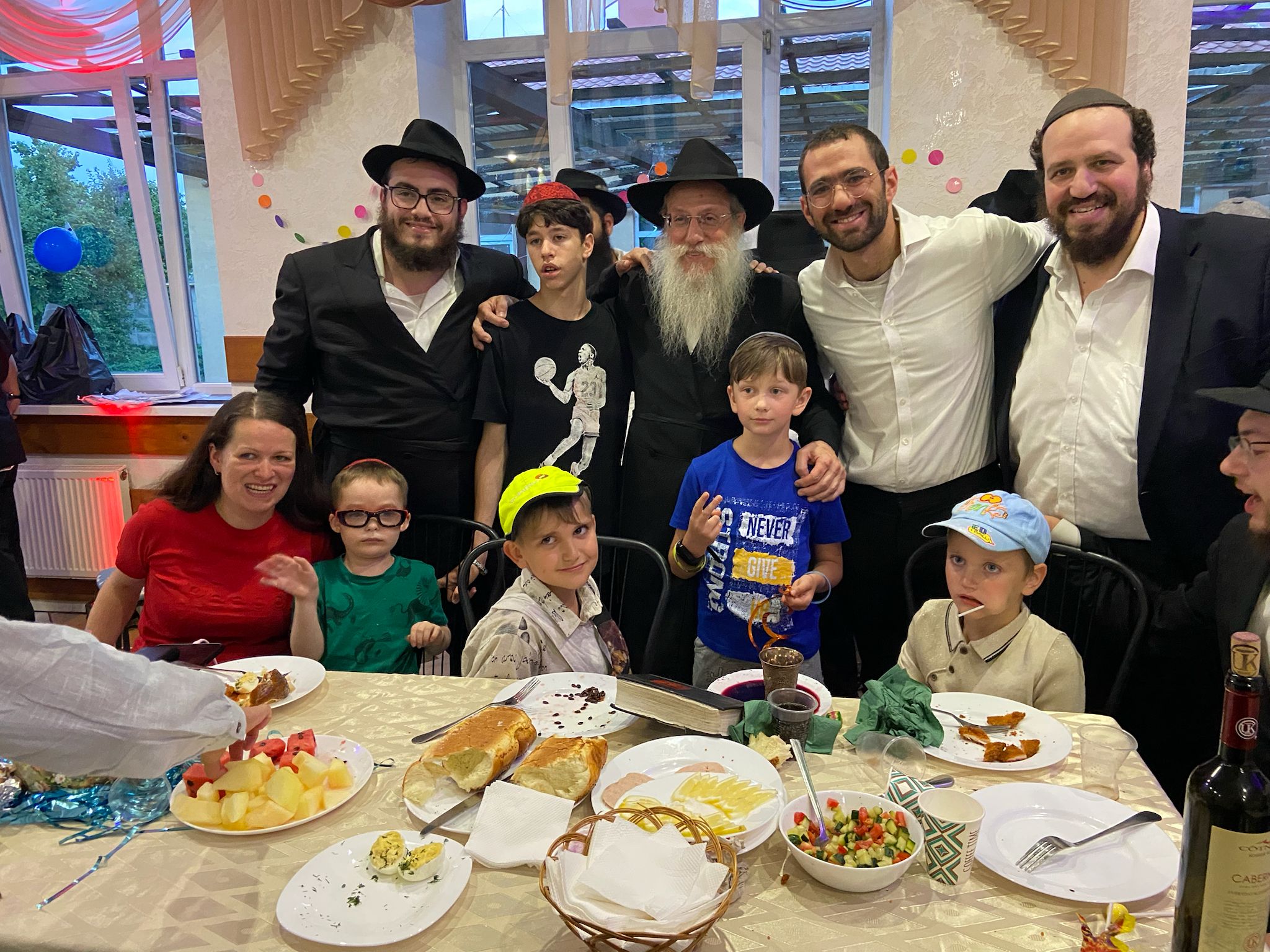
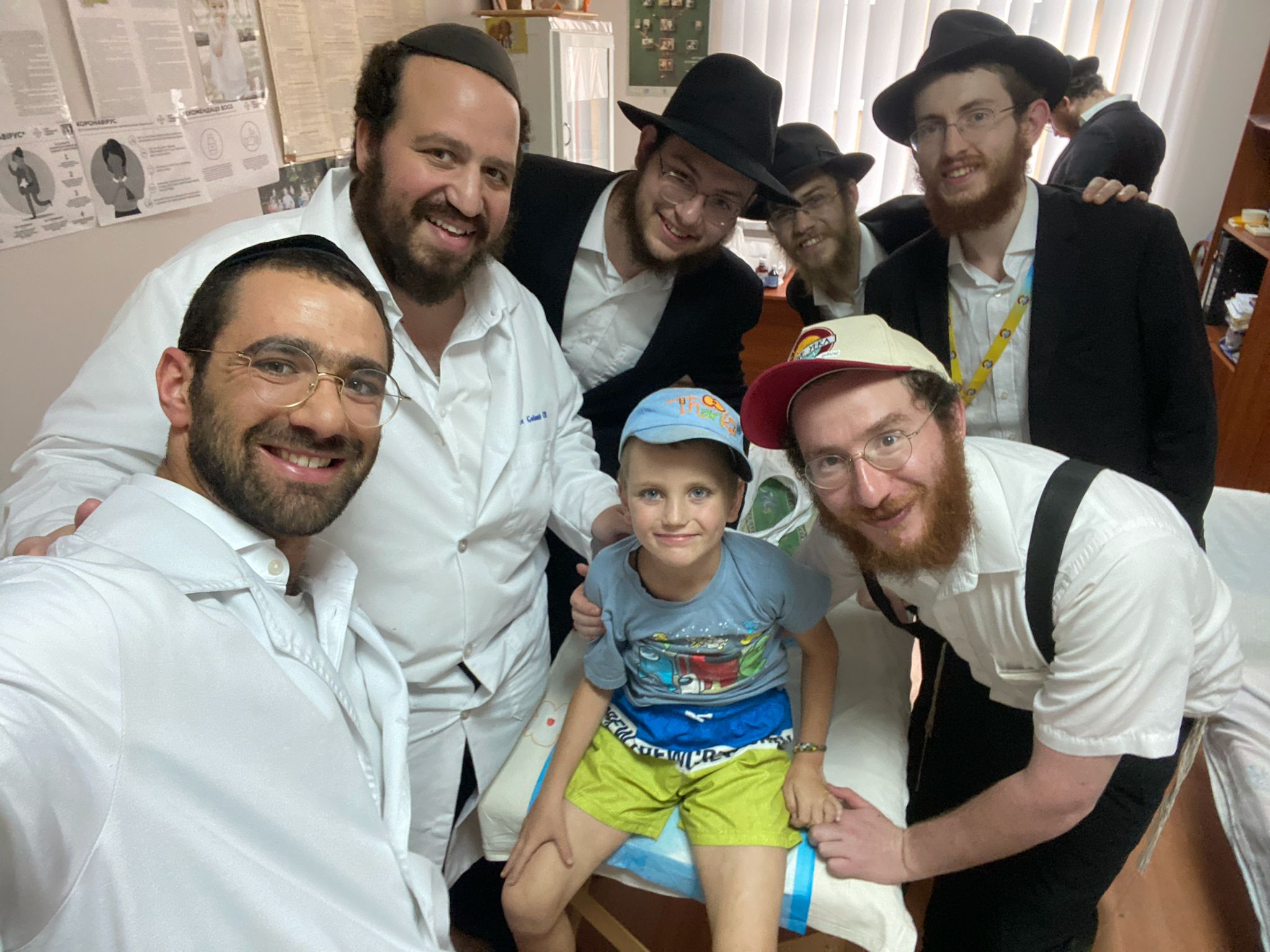
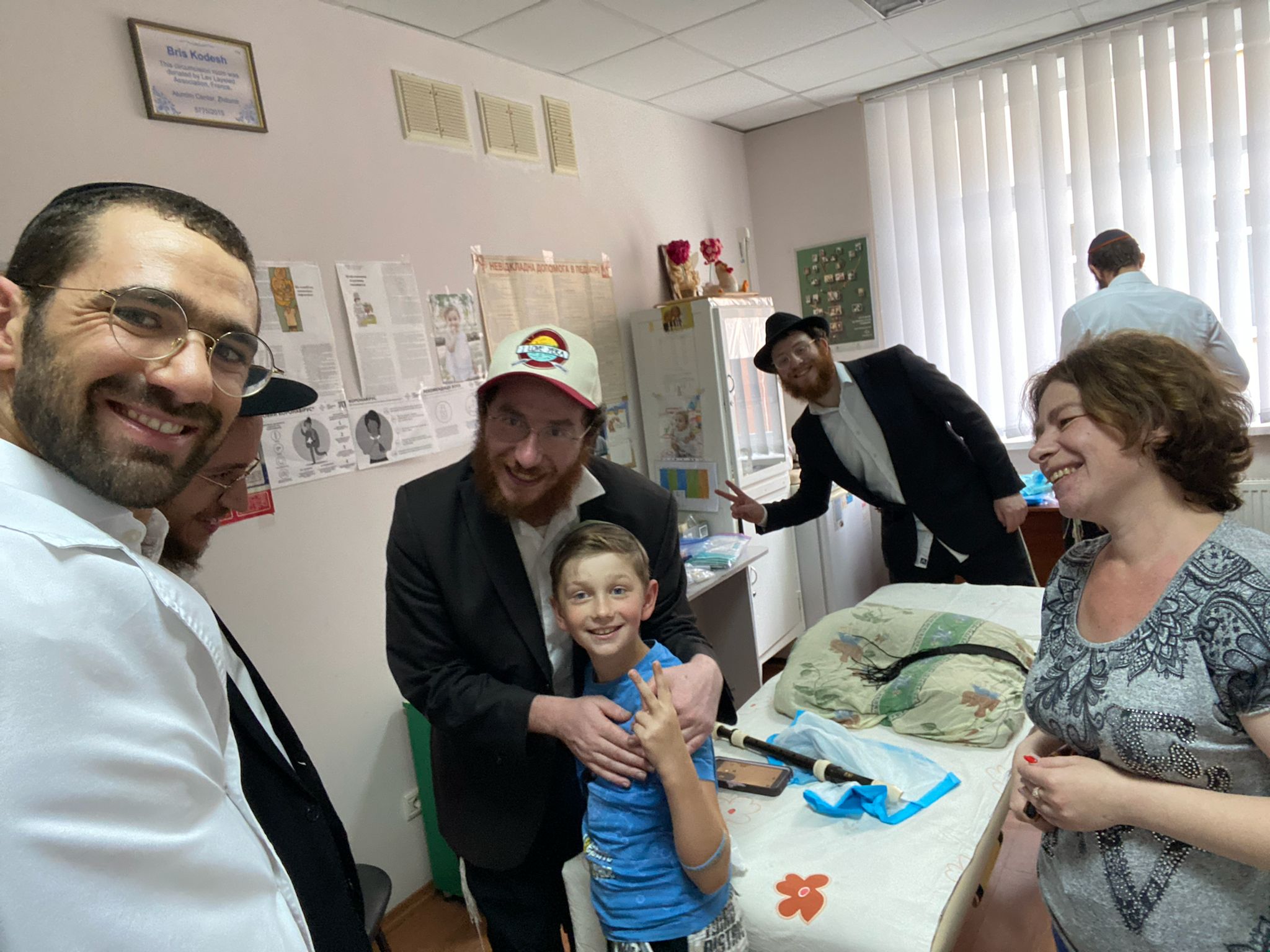
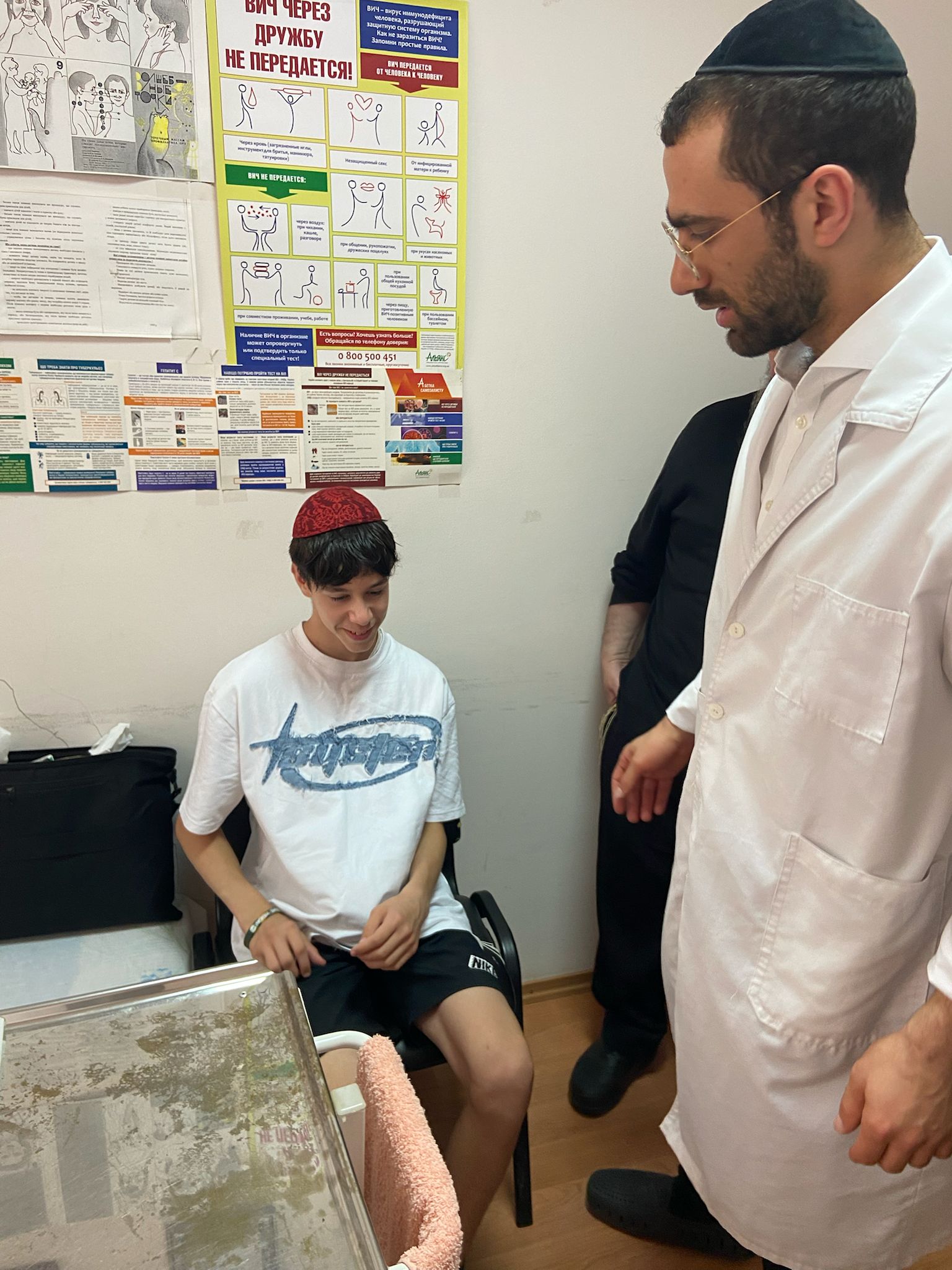
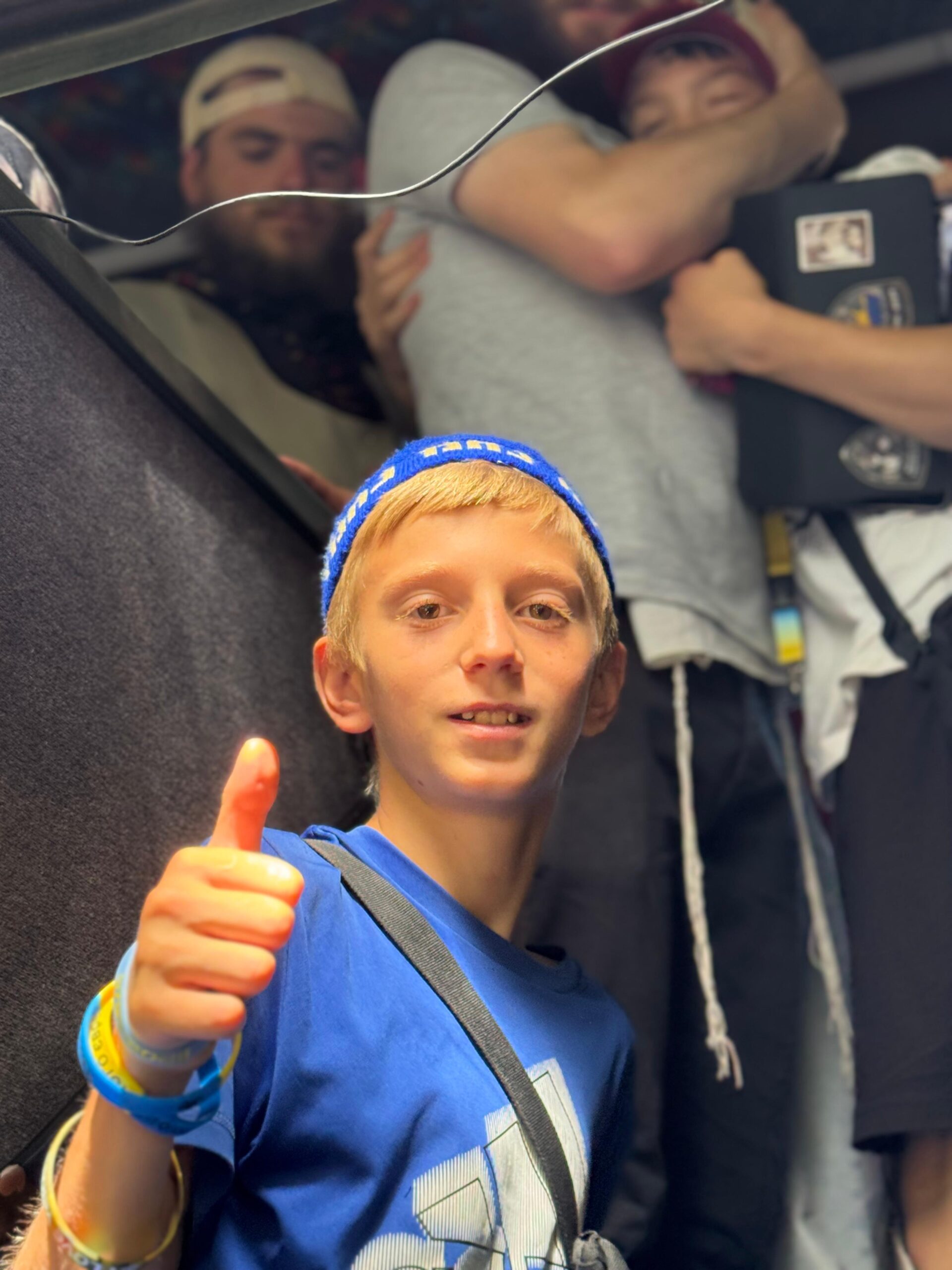
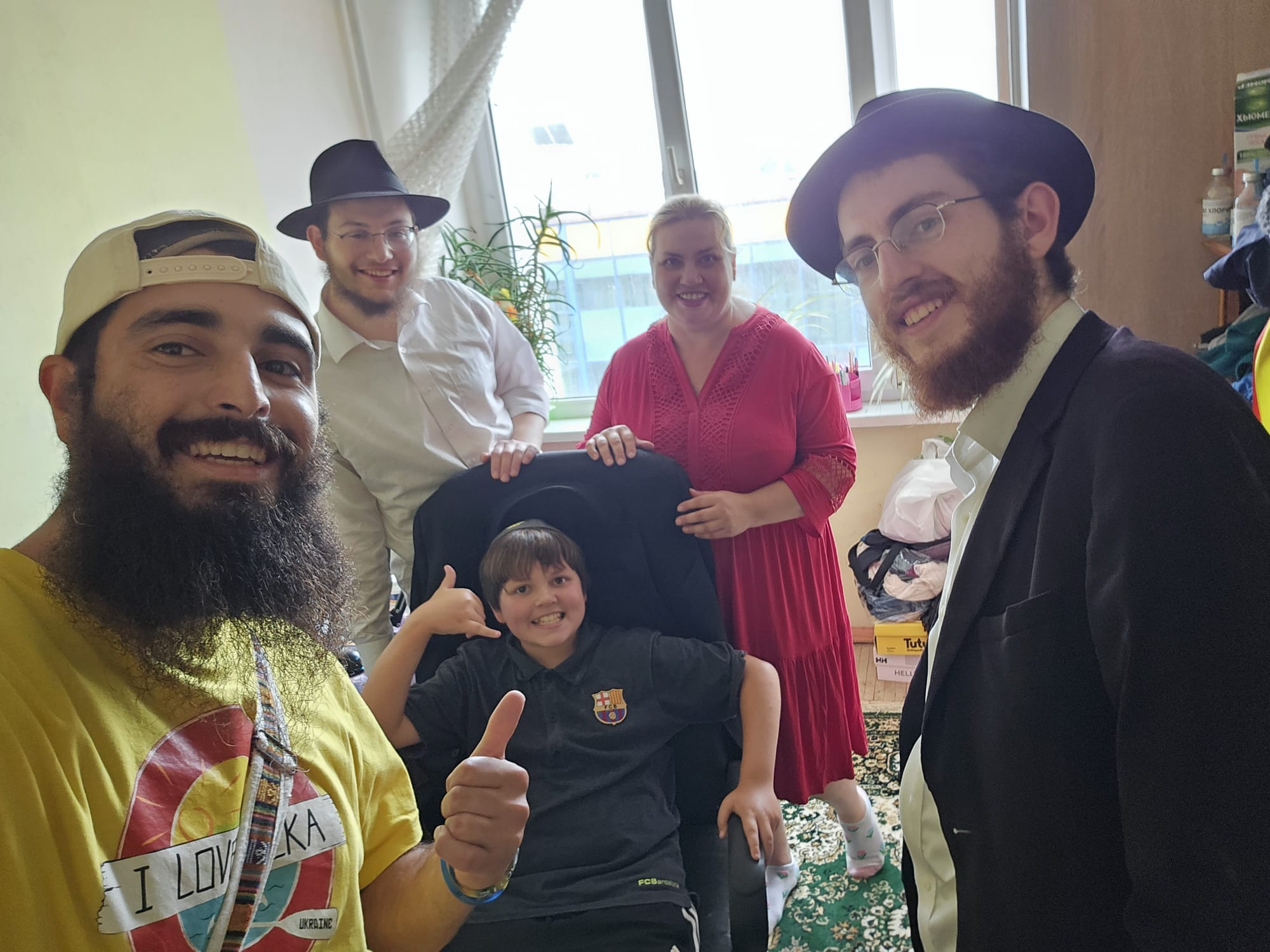
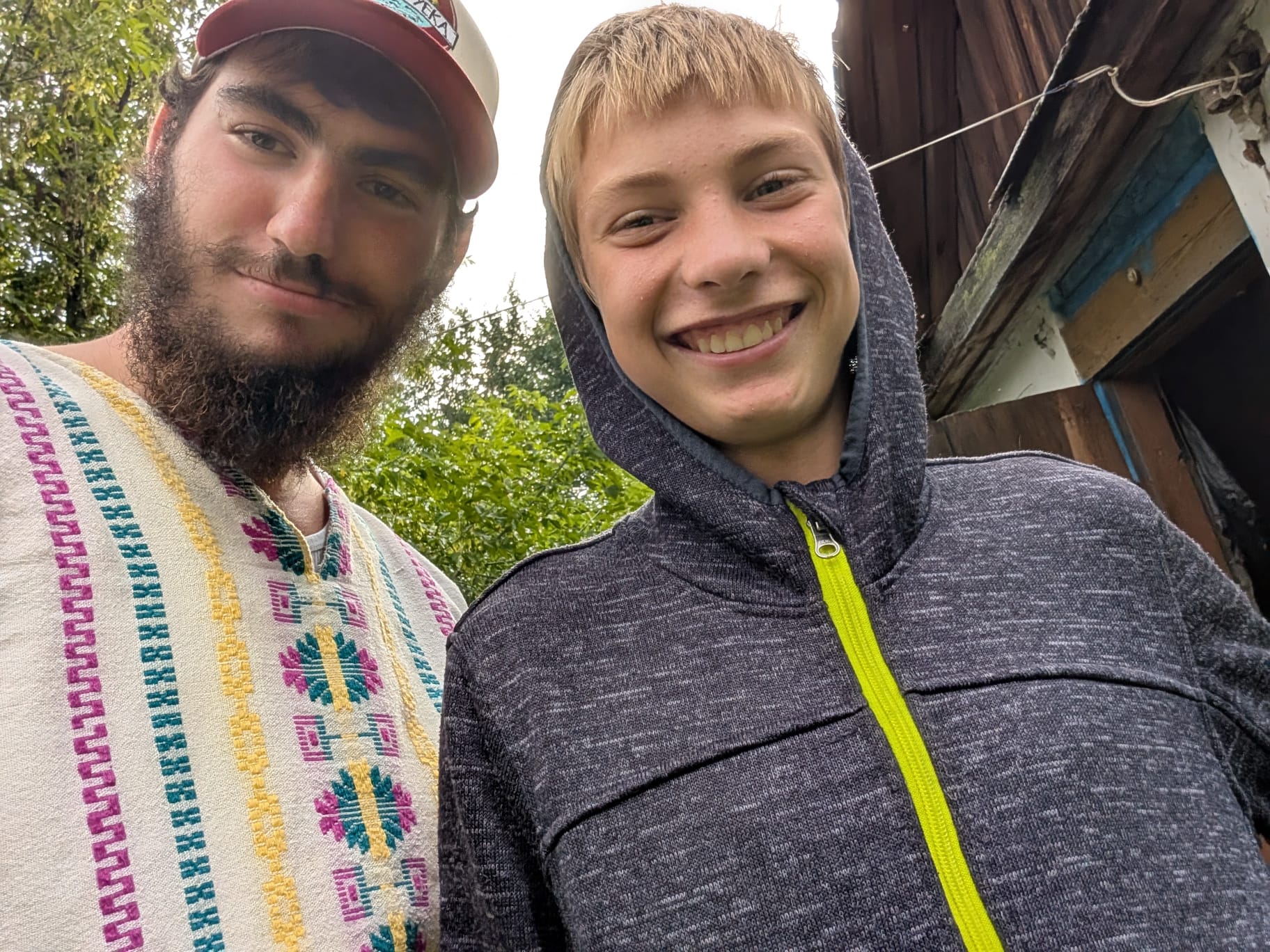
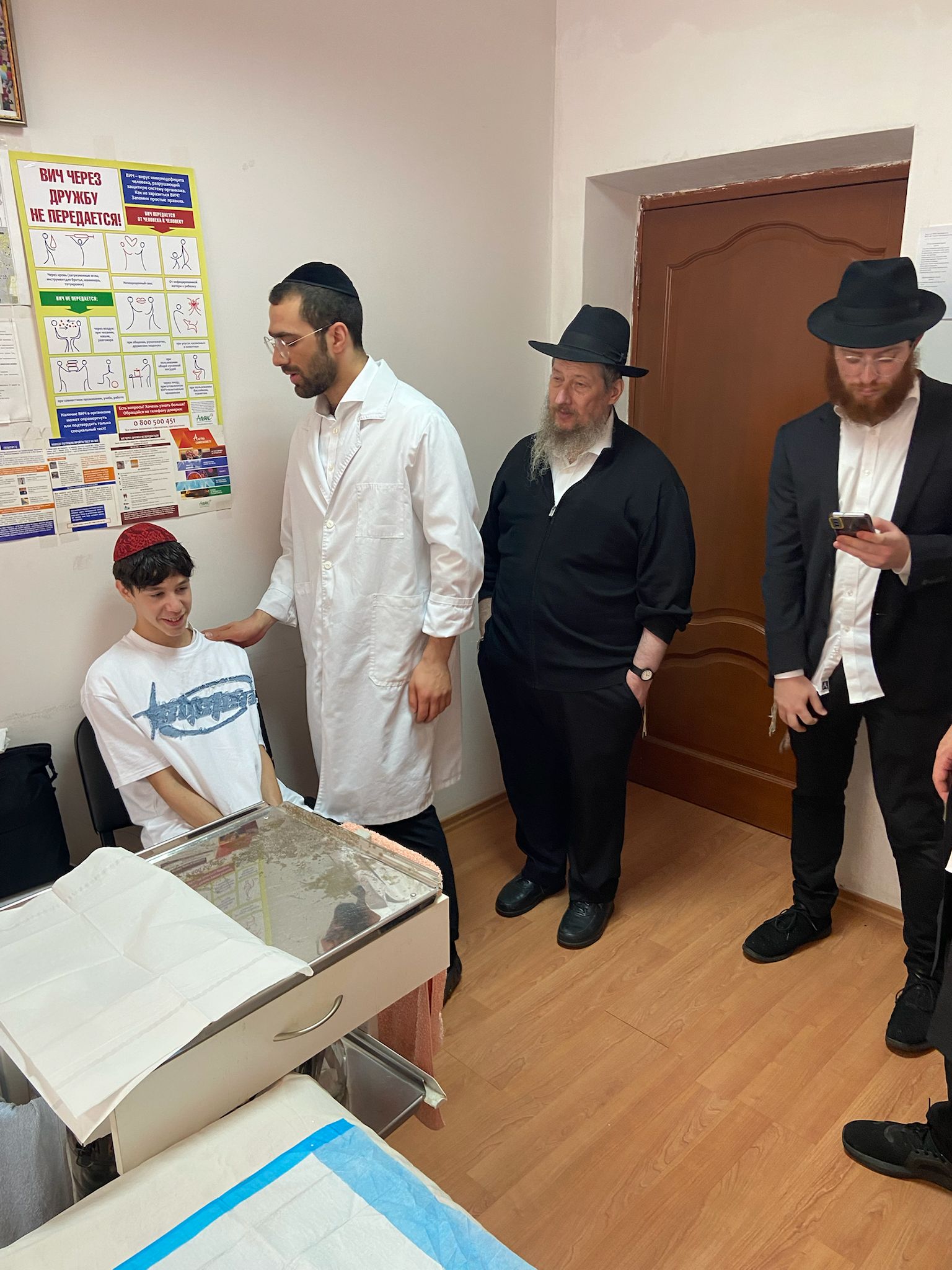
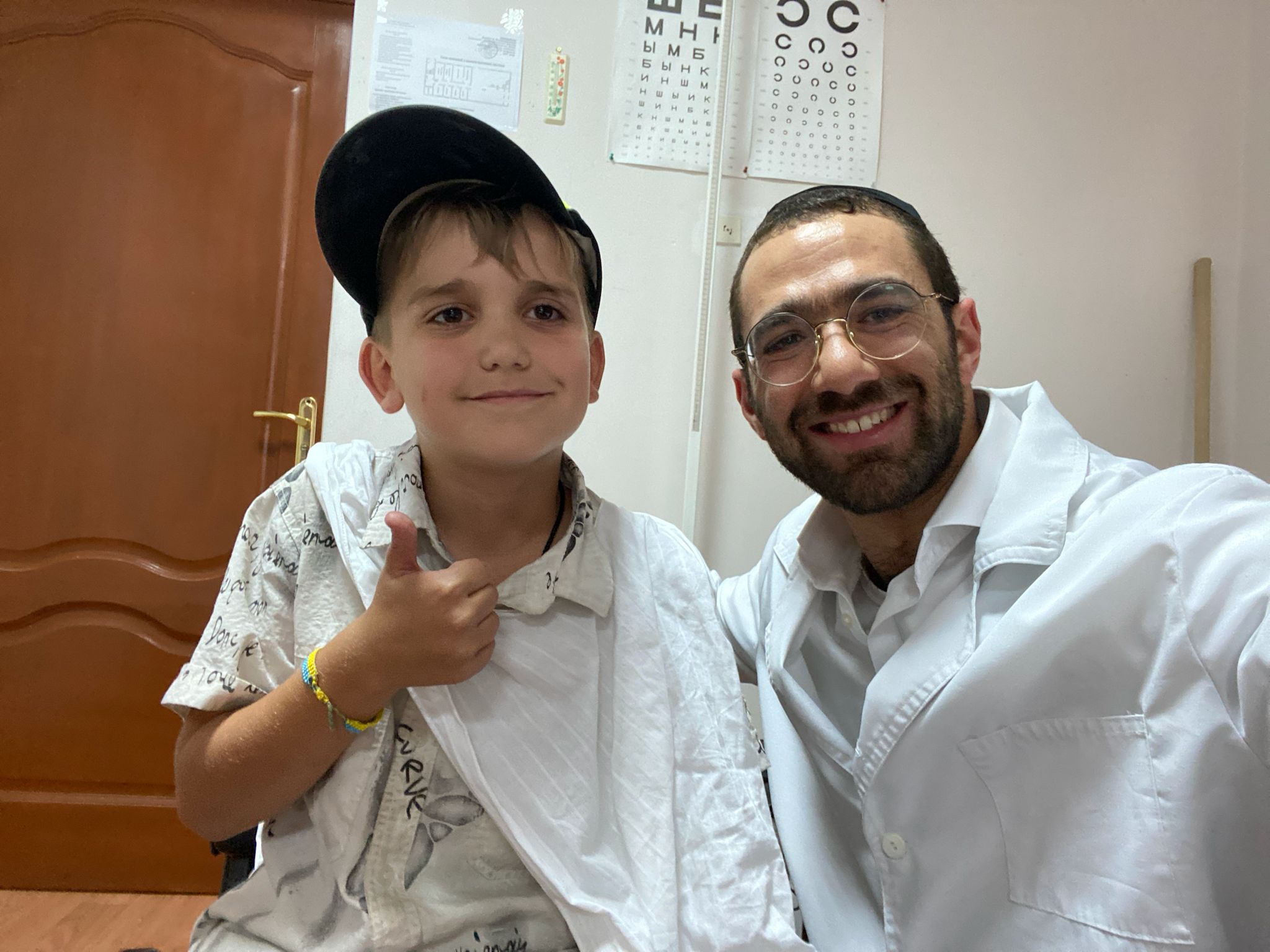
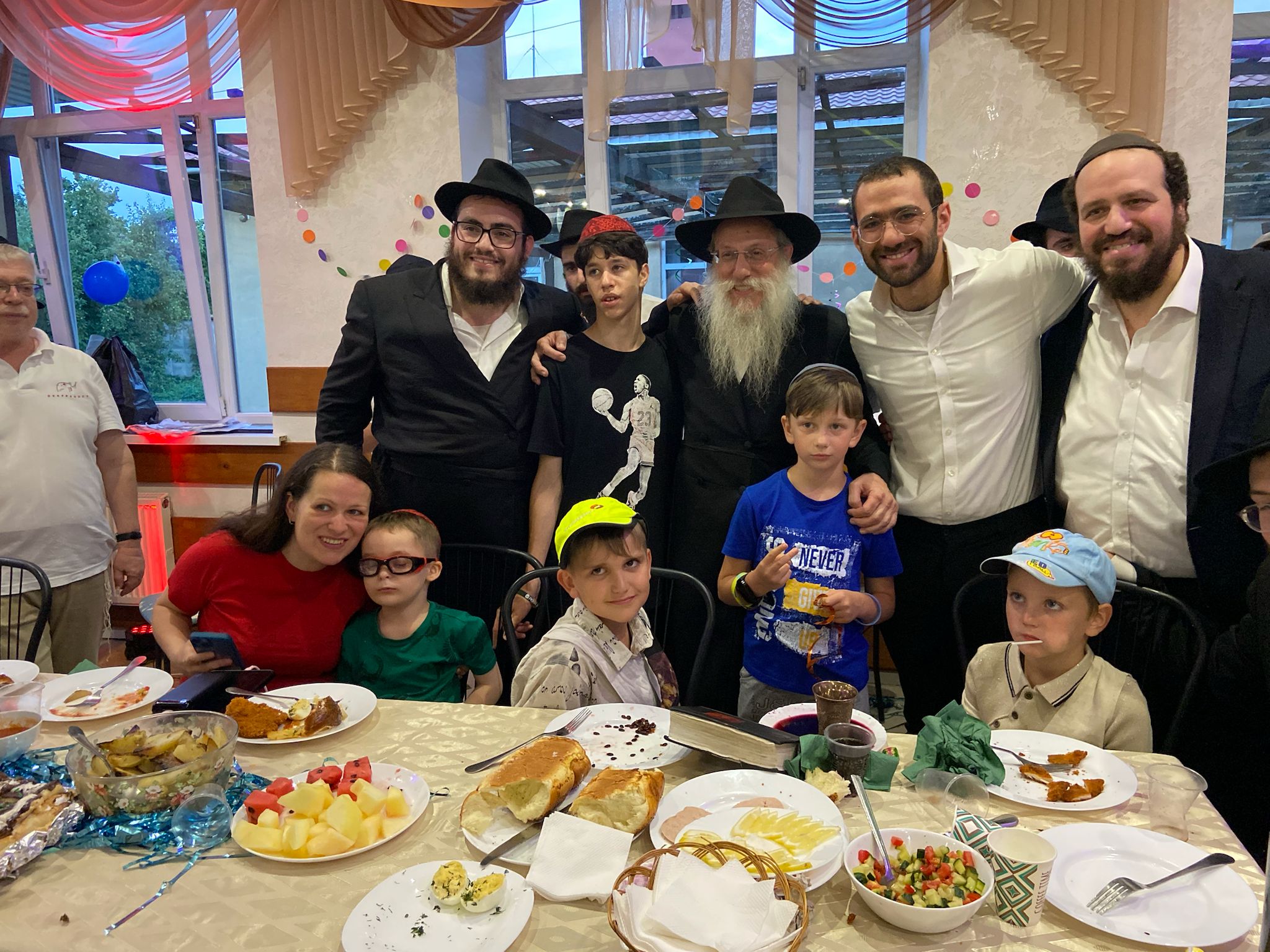
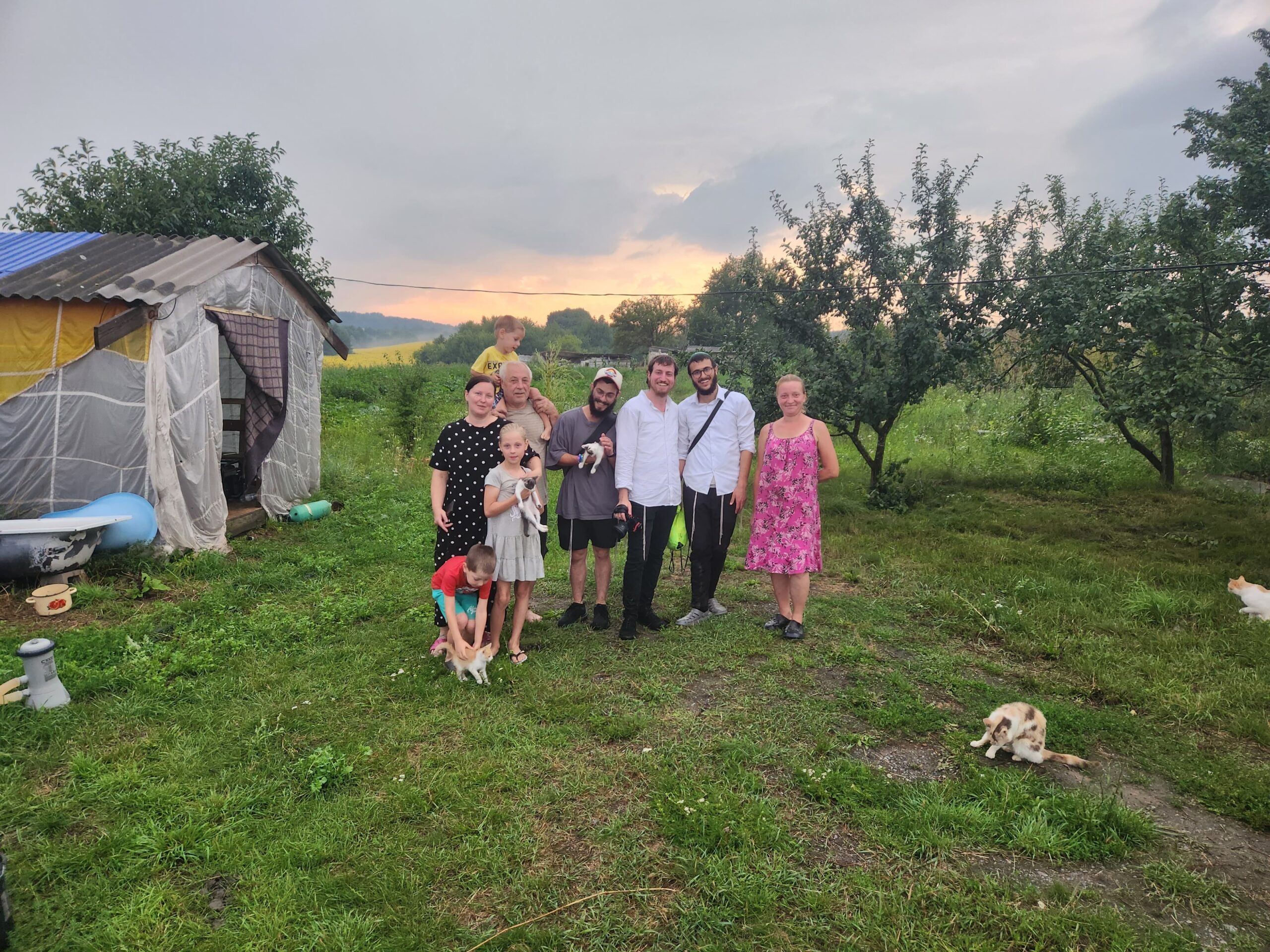
(YWN World Headquarters – NYC)

